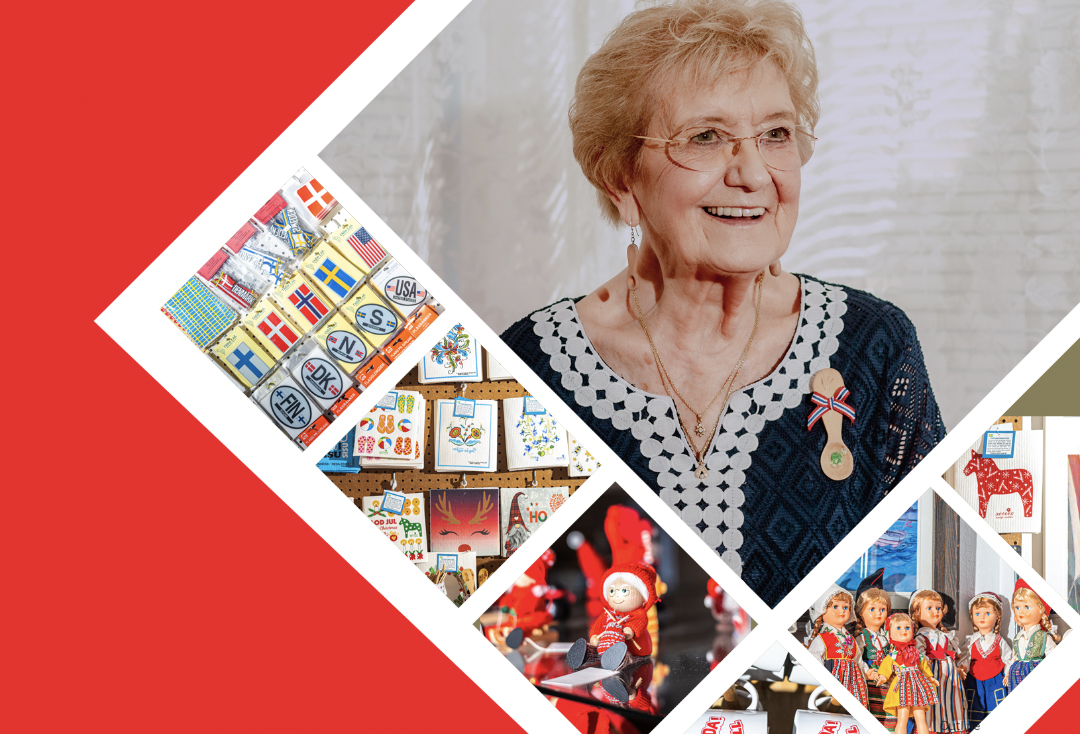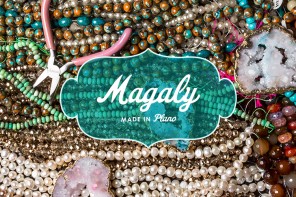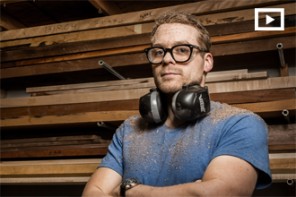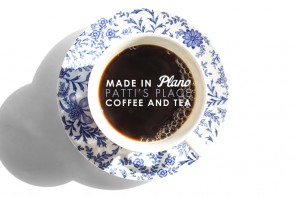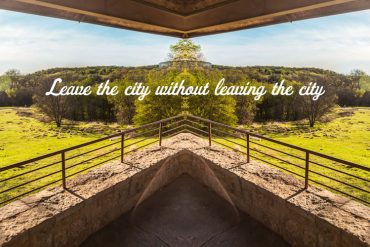Sometime in the not-so-distant future, Gwen Welk Workman will move on from her longtime business The Wooden Spoon. She recently put the historic building on Avenue K that houses it up for sale. Though she would love for someone to come take her place after 36 years in business, she’s open to all offers. The 82-year-old says it’s simply time for her to do something else.
“I’m very lucky because I’ve had some serious health issues and overcame them,” she says. “I’m very very grateful for everything. It’s just time for me to move on.”
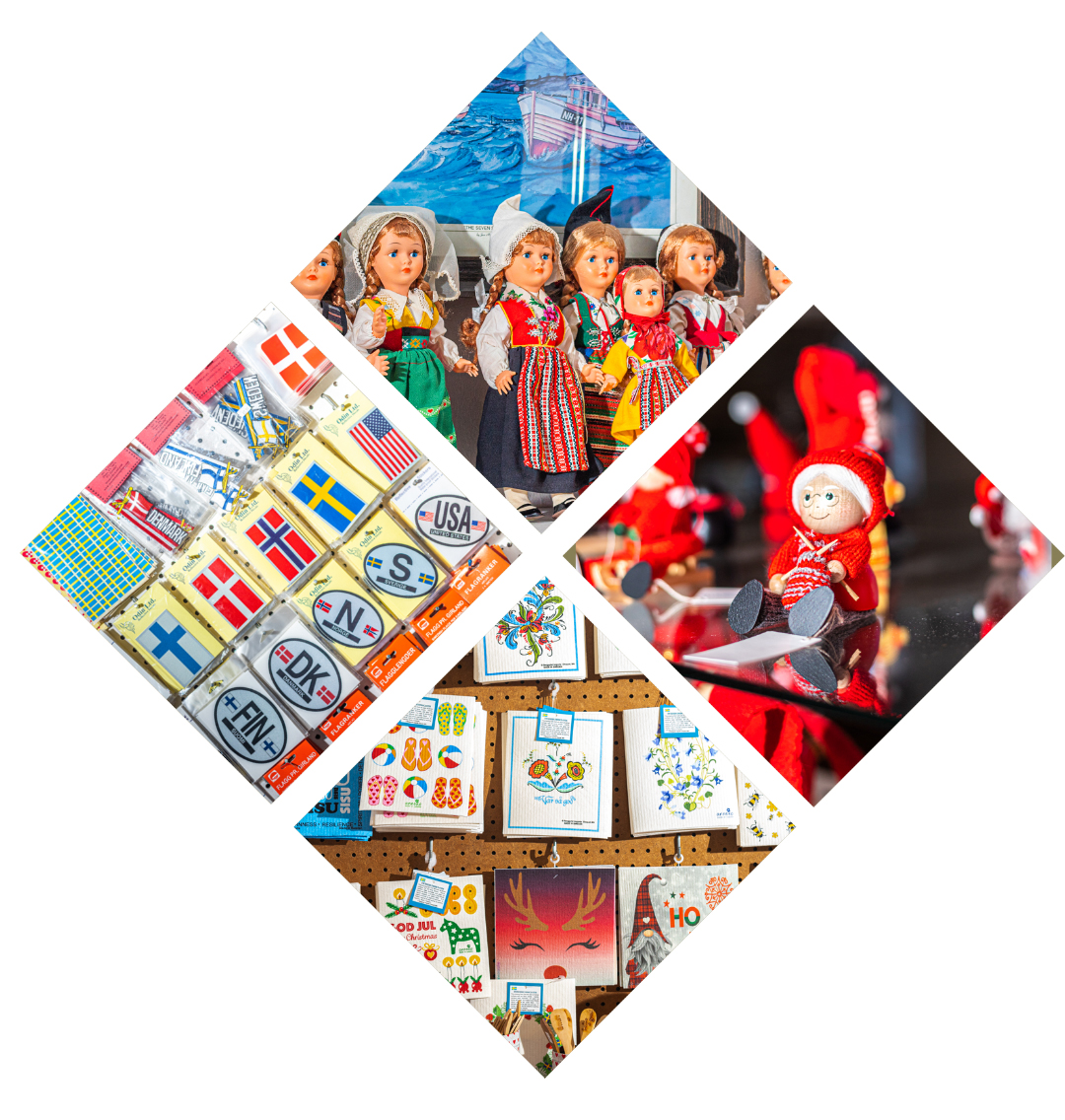
The Wooden Spoon is more than just a business—it’s morphed into a community gathering spot. People stop by to shoot the breeze over a cup of coffee. Transplants come to connect with their heritage and the things they miss from their homeland. It’s also a place for locals to learn about new cultures. Workman has taught kids about Norwegian heritage and connected others with Scandinavian language teachers.
While many assume she’s European, Workman hails from northern Minnesota. She grew up in the small town of Brevik. Just about everyone there was Scandinavian except for her father, who was German. He was a personable man who never met a stranger. Workman recalls how he was always meeting new people and enjoyed learning about their heritage.
She inherited his gift of gab and still enjoys getting to know the people who come into the store. Many become regulars, stopping in to enjoy her company, as well as the cookies, coffee and treats she regularly makes.
Workman has run her own business since she turned 18. She married young and helped her now former husband and mother-in-law run a hotel. Later they sold the hotel and bought a restaurant, a job she did not enjoy.
Then, in the mid-1980s, her then-husband moved the family to Texas so that he could work in the construction business. It was a difficult transition, Workman says.
“Coming here was like moving to a new country,” she says. “I’d never moved before in my life and everything was so totally different.”
Finding a job proved difficult since she had no local connections. She eventually found work as an apartment locator, which allowed her to become more familiar with the area.
A trip to the State Fair of Texas changed everything. She found the Norwegian Society of Texas, whose event featured Norwegian people, food and culture.
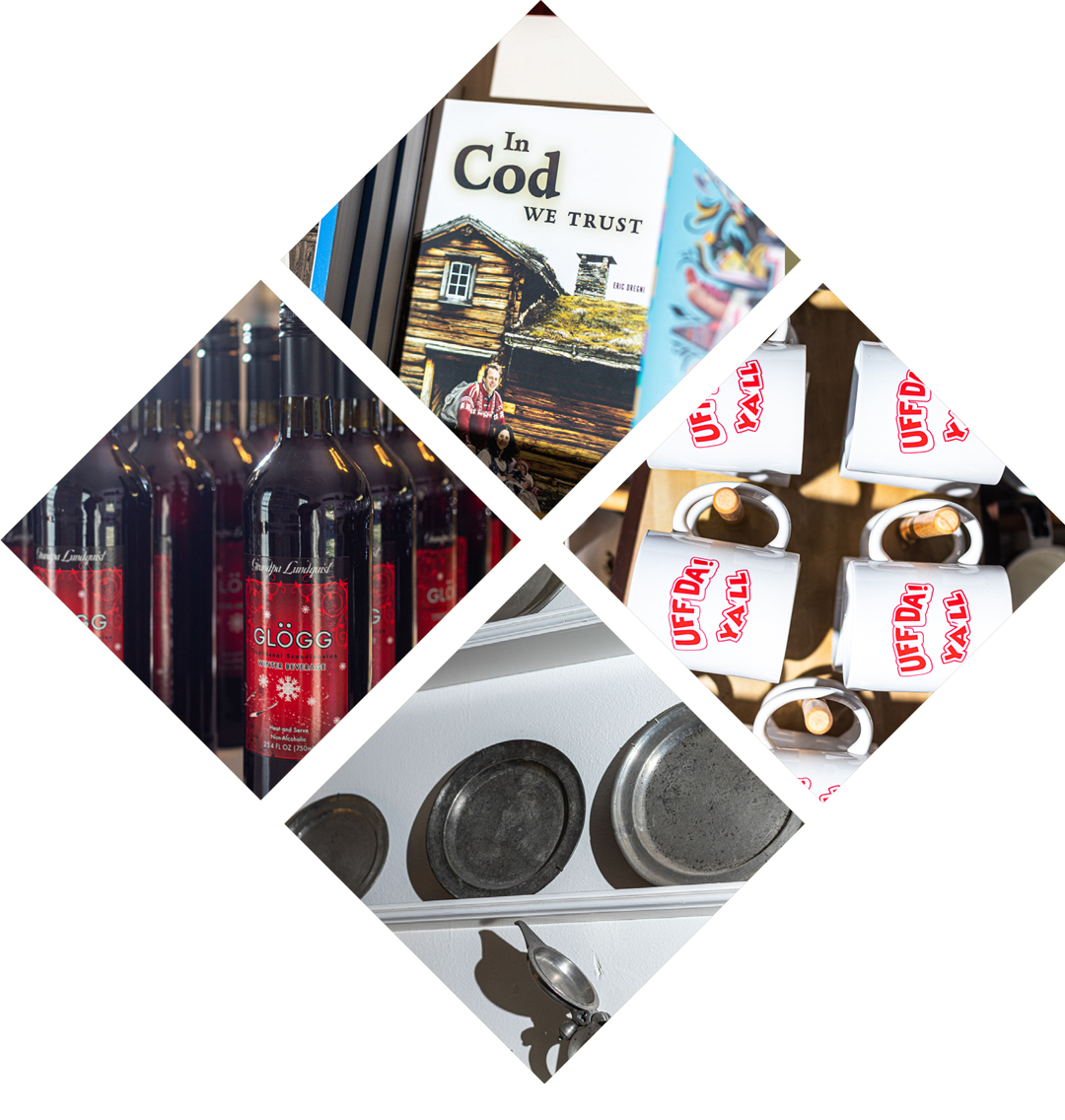
“I came home and said, ‘I can’t be the only half-Norwegian that’s moved to Texas,’” she says. “I decided to go into business. I had no money but a lot of guts and a dream.”
In 1986, she started the Wooden Spoon in downtown McKinney and later moved to Fairview Farms on Central Expressway, near what is today a hotel and a Spec’s. A friend told her the historic Foreman house on Avenue K would be the perfect place for a bed and breakfast. Workman shot down that idea, but she was intrigued by the home.
The building was in terrible shape. It was filthy. There was sheetrock missing from the walls and mustard-colored carpet on the stairs.
“But I wanted it,” she says. “I went around back, said a little prayer, and thought if it’s meant to be it will be. And the rest is history.”
While digging through all the mess in the building, she stumbled upon a walrus figurine. It had a small tag that said, “made in Norway.” That’s when she knew it was meant to be.
Workman plans to write about her life and experiences after she retires. She’s already authored three children’s books centered around a troll named Magnus. Each book was written for one of her three grandchildren.
Last year, she also published a cookie journal that contains some of her most popular recipes and the stories behind them.
She plans to spend time with her grandkids as well as her son and daughter. She may spend summers in Minnesota with family members, though she has no desire to endure the harsh winters there.
Workman says she will miss all the connections that she has made through the years. Having grown up spending hours in small Minnesota dance halls and taverns, she’s thankful for coming of age in a place where a close-knit community was a fact of life. She wished it was something that more people could experience.
“In that environment, you learned how to treat people. You gathered and celebrated. It was a community,” she says. “As I look back, I’m sorry that more people aren’t experiencing that today.”

